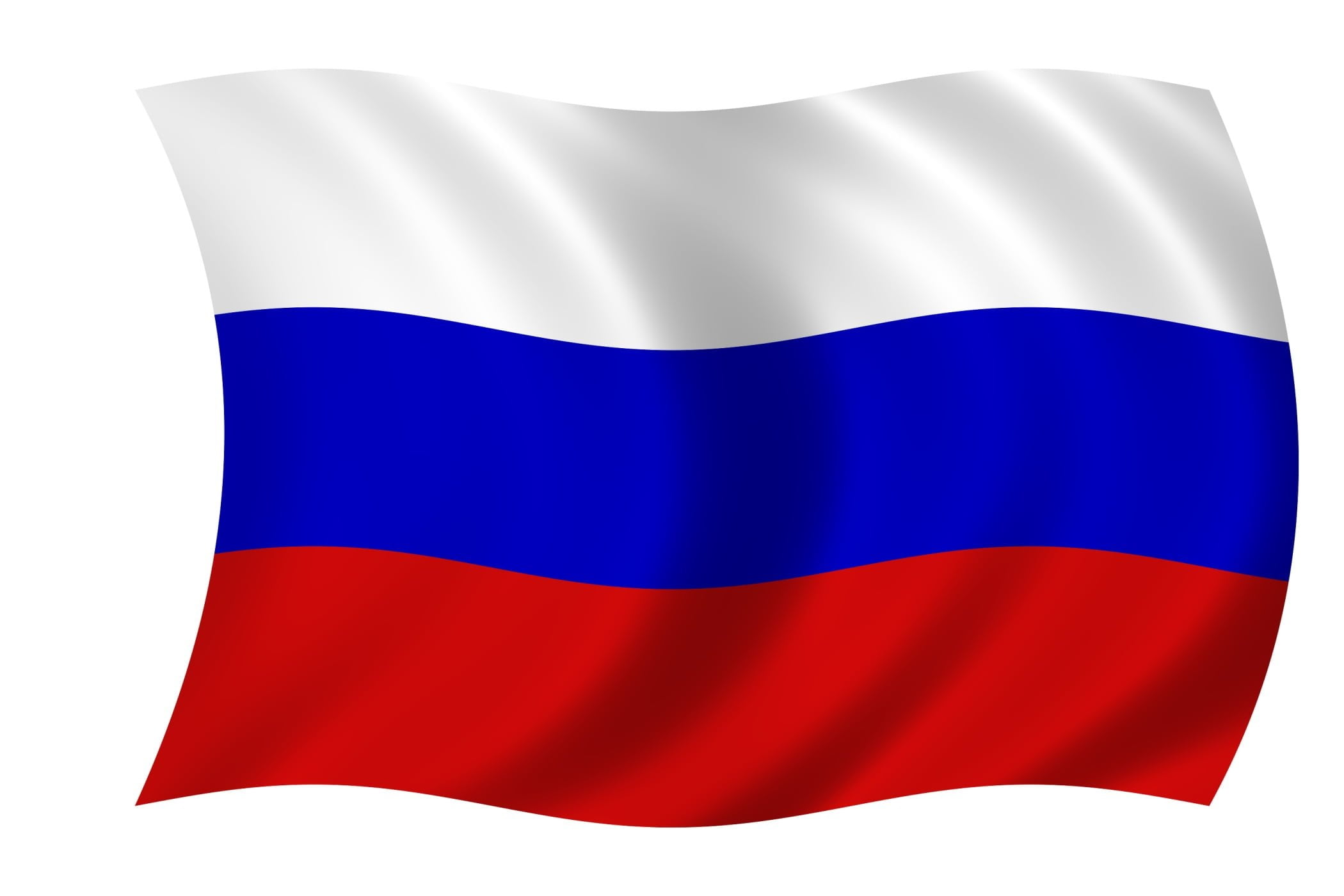2014-04-17 We have focused on the Russian intervention in Crimea as part of an overall resurgence strategy crafted by Putin.
A key part of that strategy is shaping one’s alliance to manage a way ahead and to deflect pressure from the West.
Clearly, this is happening in shaping a proactive strategy to deflect Western pressure.
In a recent piece written by Andrew Rettman and published in the EU Observer, the author identifies actions which the Russians have taken to deflect any EU sanctions.

China, Cyprus and others are supporting Russia so that Russian actions in Crimea are part of the way ahead, not an historical mistake from the Russian point of view. Credit Image: Bigstock
Rettman identifies two projects with China which the Russians are highlighting and accelerating as if they are a response to the crisis.
The first is the “Power of Siberia” pipeline.
The Russian ambassador to the EU, Vladimir Chizhov told the EU Observer the following:
Describing the pipeline as a “mega-project”, he said it will pump 60 billion cubic metres (bcm) of gas a year from the Kovykta and Tchayandinskoe gas fields to Russia’s far east, with a branch line to deliver up to 38 bcm a year to China.
He noted that Gazprom and China’s CNPC have a “legally binding” agreement from 2013 and that exploitation of the Tchayandinskoe field should start in 2019.
“One important issue is still pending – that of price. Gazprom and CNPC are negotiating on this subject, and their positions are gradually drawing closer together,” he said.
“The project is aimed primarily at delivery of gas to Russian regions and at developing industry of the Russian Far East. The export of gas is considered in this context as a factor which improves (significantly, one should admit) the economics of the project, but not as a prerequisite for its realisation,” he added.
The second is a port project in Crimea.
Chizhov told the EU Observer that this project is a major one, and going ahead despite the change of hands of ownership of Crimea.
Chizhov said Moscow and Beijing are also going ahead with plans for Chinese firms to build a 25-metre deep port in Crimea as part of “a new transport corridor from Asia to Europe – ‘The Economic Belt of the Great Silk Route’.”
He indicated that Russia’s annexation of Crimea – dubbed illegal by the UN – has done nothing to stop the port investment, worth $3 billion in the “first stage” alone.
The Russian diplomat said the main concern is environmental rather than political.
To be blunt: environmental concerns are greater than any political reactions from Brussels or Washington!
And lest one assume EU unity, enter the alliance with Cyprus as a perturbator.
Cypriot foreign minister Ioannis Kasoulides told German daily Die Welt on Wednesday that EU countries should be free to opt out from the measures.
He said an EU-Russia economic war “would destroy Cyprus’ economy”.
“There are very strong economic ties between Cyprus and Russia. If sanctions are really necessary, then every member state should decide for itself whether to take part,” he noted.
And as for the economic expansion project of Russia with regard to former states of the Soviet Union, the crimean inclusion is not seen as a barrier to expansion.
According to Chizov:
The Ukraine crisis has also done nothing to slow Russia’s plan to launch a “Eurasian Union” with Armenia, Belarus, Kazakhstan and Kyrgyzstan next year.
“The Eurasian Economic Union is due to be launched on 1 January 2015 regardless of the situation in Ukraine or any other country not involved at this stage in the integration process … Negotiations on accession of Armenia are expected to be completed soon and those with Kyrgyzstan are also under way,” he said.
And in a related development, Russia is reported willing to sell S-400 air defense systems to China as well.
Russia’s president, Vladimir Putin, has given a green light to sell the country’s newest S-400 air defense guided missile system to China, which Russian media claim will give Beijing an edge in the airspace of the Taiwan Strait and over islands in the East China Sea at the center of a dispute with Japan, reports the military news website of Huanqiu.com, the Chinese-language website of China’s Global Times.
Beijing has been interested in acquiring the guided missile system since 2011. Two years ago, Russia talked with several countries interested in buying the system but was forced to suspend negotiations in order to ensure its supply to the Russian military, the general manager of a Russian national defense export company told Russian newspaper Kommersant in January this year. Export sales of the system may not begin until 2016.
Talk of a potential deal with China drew concerns from Russian security officials who worried that it may not only affect the supply of the system to Russia’s own military but also that China could back-engineer the technology to produce its own systems. The system’s manufacturer Almaz-Antei has eased the former concerns by delivering the first batch of the system. Moscow also announced a plan in January to build three new plants for the contractor in order to build more air defense and anti-guided missile systems. An intellectual property rights agreement that China and Russia signed with regard to the arms trade has also come into effect.
Though in what volume China wishes to acquire the S-400 system is unclear, Kommersant’s source said China wants enough systems to equip two to four battalions. The People’s Liberation Army has already obtained an air defense guided missile system and another command system from Russian and deployed them in the defense of Beijing and Shanghai, according to the paper, which estimated that the country would be able to control the airspace over Taiwan and the disputed Diaoyutai islands (Diaoyu to China, Senkaku to Japan).
Also, see
http://thediplomat.com/2014/04/putin-approves-sale-of-s-400-to-china/
http://sldinfo.wpstage.net/russian-resurgence-and-the-arctic/


